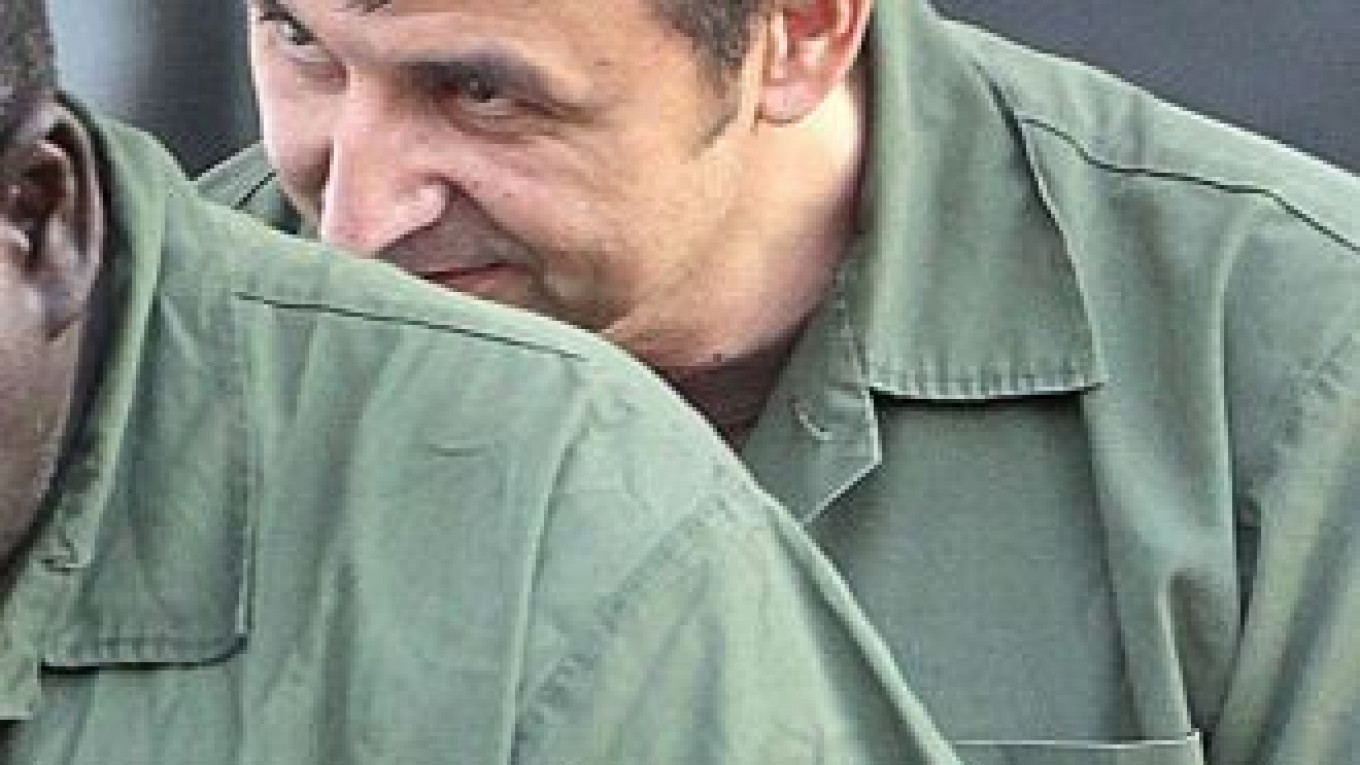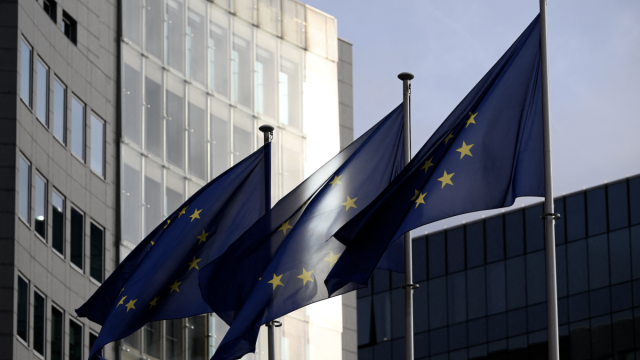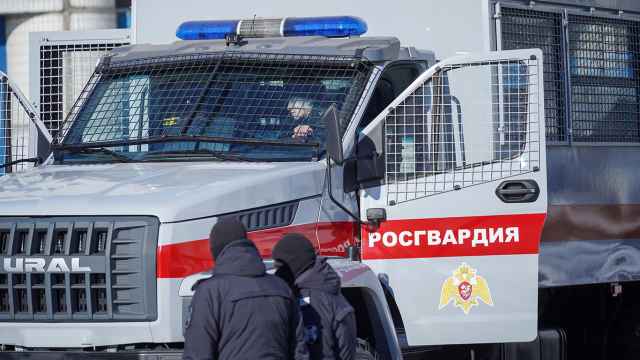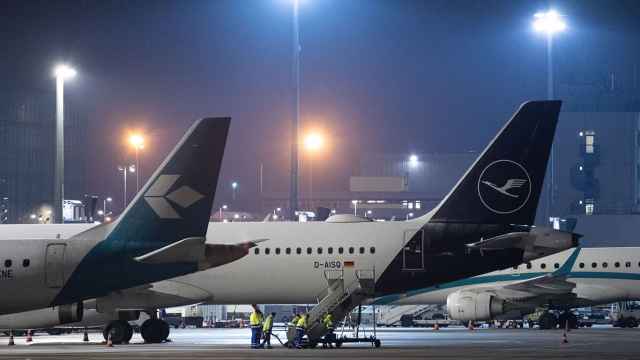HOUSTON — The owner of a Texas microelectronics company instructed co-workers and associates to cover their tracks as they conspired to sell highly regulated microelectronics to the Russian military, U.S. authorities said in a court hearing.
Alexander Fishenko and three others appeared in a Houston courtroom on Wednesday for hearings on whether they should be granted bail before trial. Prosecutors argued that Fishenko, a naturalized American citizen who was born in Kazakhstan, was a flight risk. Fishenko's attorney, Eric Reed, said his client would not flee because he has a 7-year-old son living in the area.
A judge was expected to decide Thursday whether to allow bail.
Fishenko, the owner of Houston-based Arc Electronics Inc., and seven of his employees were arrested last week. They are accused of scheming to illicitly sell military technology to Russia, starting in 2008.
In a case with Cold War-era echoes, U.S. authorities say Fishenko was running a Houston-based company that obtained highly regulated technology and clandestinely exported it to Russia for use by that country's military and intelligence agencies. The microelectronics could have a wide range of military uses, including radar and surveillance systems, weapons guidance systems and detonation triggers, U.S. authorities say.
Reed has said he plans to review the charges against his client with a critical eye. The Russian Foreign Ministry has noted that the defendants are not charged with espionage.
"I think these are fairly dramatic allegations that we will certainly take a hard look at to determine whether there is any evidence to back that up," Reed said.
FBI special agent Crosby Houpt testified Wednesday that Fishenko knew the microelectronics were eventually going to the Russian military and took pains to hide that knowledge with phone conversations and e-mails.
Fishenko is accused of coaching the companies in Russia that were working with his firm to remove all references to a known supplier to the Russian military.
Houpt also said a letter from the manufacturer Toshiba said the company did not know its products were being shipped overseas by Arc Electronics. In the letter, Toshiba said it planned to file a voluntary report with the U.S. Commerce Department — which made Fishenko and others nervous, Houpt said.
According to court documents, Fishenko was born in Kazakhstan and graduated from a technical institute in St. Petersburg before coming to the U.S. in 1994. In his initial asylum application, Fishenko stated he had no prior military experience, but elsewhere he claimed to have served in a Soviet military intelligence unit in Berlin in the 1980s, according to court records.
Fishenko filed paperwork with the Texas secretary of state to form a for-profit corporation with his Houston business, Arc Electronics, in 2001. His company proved to be successful, earning him about $50 million in gross revenue since 2002.
Related articles:
A Message from The Moscow Times:
Dear readers,
We are facing unprecedented challenges. Russia's Prosecutor General's Office has designated The Moscow Times as an "undesirable" organization, criminalizing our work and putting our staff at risk of prosecution. This follows our earlier unjust labeling as a "foreign agent."
These actions are direct attempts to silence independent journalism in Russia. The authorities claim our work "discredits the decisions of the Russian leadership." We see things differently: we strive to provide accurate, unbiased reporting on Russia.
We, the journalists of The Moscow Times, refuse to be silenced. But to continue our work, we need your help.
Your support, no matter how small, makes a world of difference. If you can, please support us monthly starting from just $2. It's quick to set up, and every contribution makes a significant impact.
By supporting The Moscow Times, you're defending open, independent journalism in the face of repression. Thank you for standing with us.
Remind me later.






